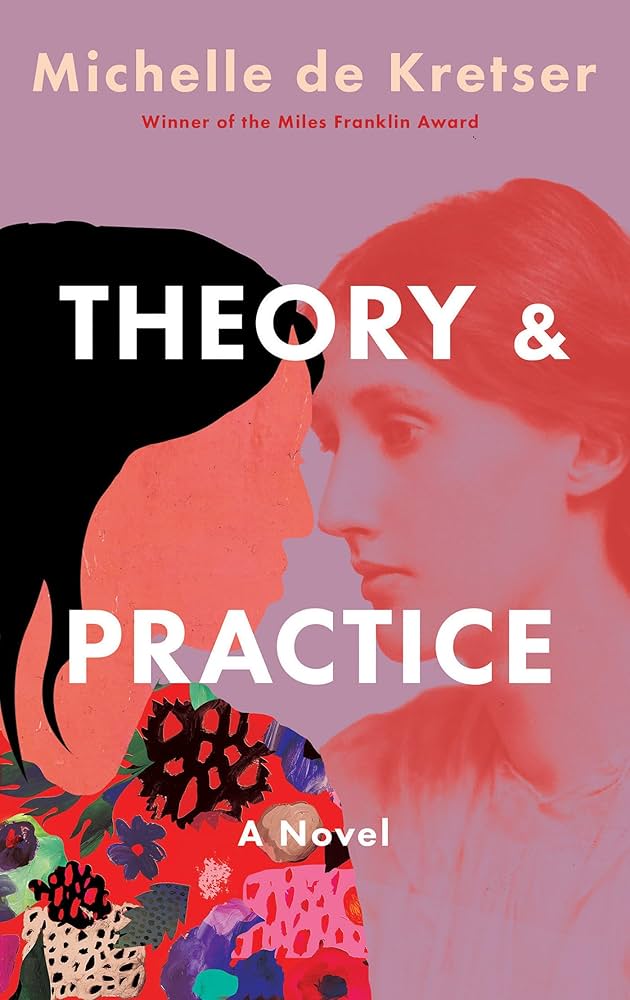Book by RICHARD FLANAGAN
Reviewed by
 A bee
A bee
Staggers out
Of the peony.
Richard Flanagan’s new novel, The Narrow Road to the Deep North, begins with an enigmatic haiku by Basho, a 17th century Japanese poet, which evokes a state of sublime consummation or mortal exhaustion, in other words, how love and war, beauty and horror are inextricably entwined.
Flanagan has explored these opposites of the human condition in three previous novels, set in Van Dieman’s Land, now the island of Tasmania, off the coast of New Zealand. In The Narrow Road to the Deep North, the 2014 winner of the Man Booker Prize, and in Flanagan’s other work, this remote, timeless region is his equivalent of Faulkner’s Yoknapatawpha or Marquez’s Macondo, a mythic terrain in which he explores the resilience and courage of the human spirit.
This novel follows a doctor, Dorrigo Evans, from his boyhood in pastoral pre-WWII Tasmania to the inhuman camps where the Japanese employed their prisoners of war as slave labor in the drive to colonize Asia, into old age, as he tries to reconcile the terrible with the mundane sides of his life. The novel moves fluidly through time, from Dorrigo’s first moments of consciousness in a blaze of light in a church, a toddler in the sanctuary of his mother’s arms, to his death many years later. He will forever associate consciousness as a movement towards the light—not only in moments of bliss, such as when he falls in love, but even as a prisoner in charge of keeping alive the starving, doomed men forced to construct the Death Railway of Burma.
His early life in Tasmania is simple, harsh, austere: “Backdropped by woodlands of writhing peppermint gums and silver wattle that waved and danced in the heat, it was hot and hard in summer, and hard, simply hard, in winter.” Dorrigo’s intellectual abilities, honed in part by memorizing poems and epics to entertain his illiterate brother, a shell-shocked WWI vet, propel him into a wider world. He qualifies for higher education and eventually becomes a surgeon. In this journey, he loses his connection to his family, who are unable to reconcile themselves to his leaving their remote world for a cosmopolitan one.
At the heart of this story is Dorrigo’s passionate, illicit love affair with his uncle’s much younger wife, Amy. Dorrigo’s affair plays out in the run-up to the war. He is in an army camp training to be a battlefield surgeon, engaged to a wealthy young woman who adores him and gives him entrée to a monied world, which welcomes him. He is surprised, but not reluctant, to climb the social ladder and expects that life will continue as it has. Then he meets a woman in a bookstore. She is illuminated in a shaft of sunlight, which picks up the red of a camellia tucked in her hair. These scenes are gorgeous, as erotically charged as the prisoner of war scenes are brutal. He will discover she is his uncle’s wife after this encounter. Their moments together are stolen, and at first, the sweeter for that. He uses his weekend passes to visit her at his uncle’s shuttered, mostly unoccupied seaside resort, The King of Cornwall. In the long afternoons of their affair, they live intensely and Flanagan evokes the languor of a sated body, the reckless need to be together, the tenderness: “With a finger he swept the hairs that fell across her face behind her ear. The shape of its shell always moved him.” Like all lovers, they feel as if they live outside time: “You hear that? She said. The waves, the clock. … Sea time, she said as another wave crashed. Man time, she said, as the clock ticked. We run on sea time.”
But the world runs on man time. The war carries Dorrigo to Singapore, where he is taken prisoner along with the Australian garrison when the city falls. Some time into his captivity, when only daily survival and his dimming memories of Amy sustain him, he receives a letter from his fiancée, Elsa, which has taken a year to reach him, and which contains a newspaper clipping. The King of Cornwall Hotel has exploded, and all within have died.
Dorrigo must endure for the sake of the men he commands and protects. As the camp surgeon, he is charged with saving as many of the men under his command as he can to complete the railroad, without food, medicine, anesthesia, or proper sanitation. Nakamura, the mercurial Japanese commander, a poetry-loving, drug-addicted servant of the empire, drives the prisoners mercilessly, promising them that the terrible shame of their capture can be redeemed by their construction of the railroad.
Historically, 9,000 Australian P.O.W.’s and 250,000 other Japanese captives labored under terrible conditions to build this railway through the impenetrable jungles. A third died of starvation, tropical disease, infection, and exhaustion. Living skeletons, naked except for loincloths, the men cut their way through the sweltering, monsoon-soaked forest, sustained by a rice ball for lunch and their mates. Flanagan writes about these experiences in such keen detail that one can almost smell rotting flesh and choleric diarrhea, as in this passage:
And so their hapless column went on, making its way along the narrow corridor they had made through the great teak trees and thorny bamboo of the jungle, too thick to allow any other form of passage. They went on trudging and falling, they went on stumbling and slipping and swearing, they went on crawling and shitting and hoping, on and on in a day that had not yet even begun.
Flanagan has said the novel is based on two haunting family stories. One is Flanagan’s father’s war ordeal. Archie Flanagan, was Prisoner #335 in one of these camps, and the book is dedicated to him. The other is a tragic love story. A neighbor, a Latvian emigrant to Australia, returned to Latvia from battle in World War II and was told his wife had perished. He refused to believe it and searched for two years, but never found a trace of her. He emigrated to Australia, married and had children. One day, crossing the Sydney bridge he saw her, walking in a crowd, holding the hands of two young children.
One gets the feeling reading this book—as well as Flanagan’s other work—that he hopes that fictionalizing the brutal colonial history of the island can yield an understanding of the forces that allowed such brutality to flourish, both in Tasmania and the wider world.
In Gould’s Book of Fish, Flanagan’s 2002 novel, the protagonist, an art forger and felon, is serving time in the harshest penal colony of the British territory, a place so remote it has been all but forgotten by the distant colonial authorities. The prison is dominated by a sadistic and deranged commander whose whims and delusions Gould must negotiate to survive, though survival is almost pointless. Yet, like Dorrigo Evans and his mates, he endures.
In Wanting, the British governor of Van Diemen’s Land allows his wife to adopt an orphaned aboriginal girl to prove that the aborigines can be civilized. In time, he rapes her, and the child is abandoned in an orphanage, a prison-like institution.
Life is a process of endurance occasionally graced with love, of a woman, of war mates, of family, Flanagan believes, and in a profoundly moving passage, many years later when the prisoners who survive the Japanese P.O.W. camp reunite, they recall the intensity of their will to live, the honor of the code that kept them alive, the necessity of all helping each other in order to survive, as the purest and most fulfilling time of their lives, where the act of being a hero was simply putting one foot in front of the other, and surviving.
The Narrow Road to the Deep North weaves great themes and the small moments of life, as Dorrigo’s progresses from a callow young man, indifferent husband and father, to a state of enlightenment. In a crowded field of contenders for the Man Booker Prize, Dorrigo Evan’s story of an ordinary man who became extraordinary when duty was thrust on him, resonates with wisdom. His love for Amy is the one grace note in his life: “Dorigo Evans understood that the love story would go on forever and ever, world without end. He would live in hell, because love is that also.” As is memory.
Francesca de Onis is an Emmy and Cine Golden Eagle award-winning television producer and a writer.



